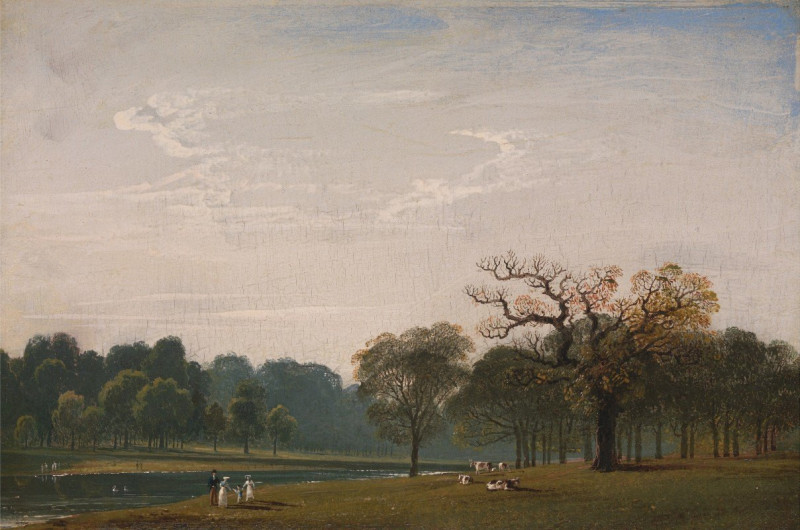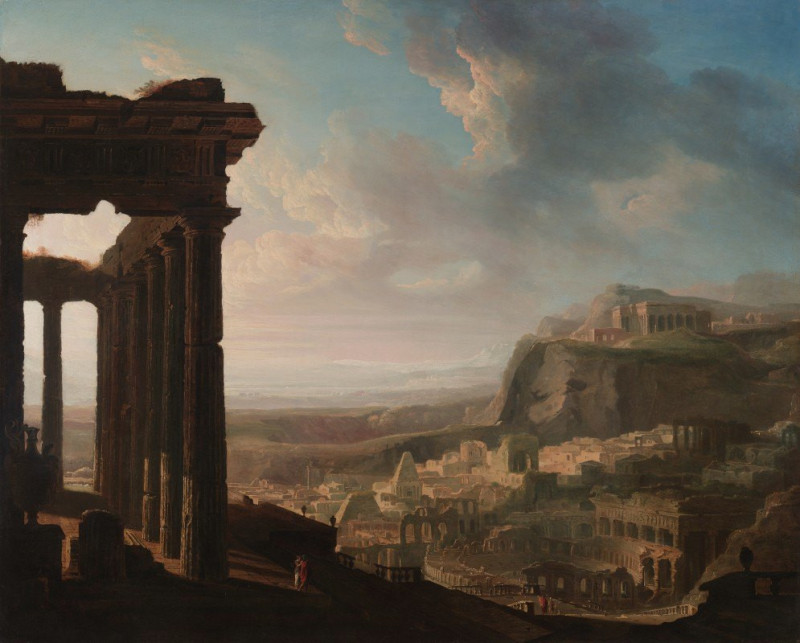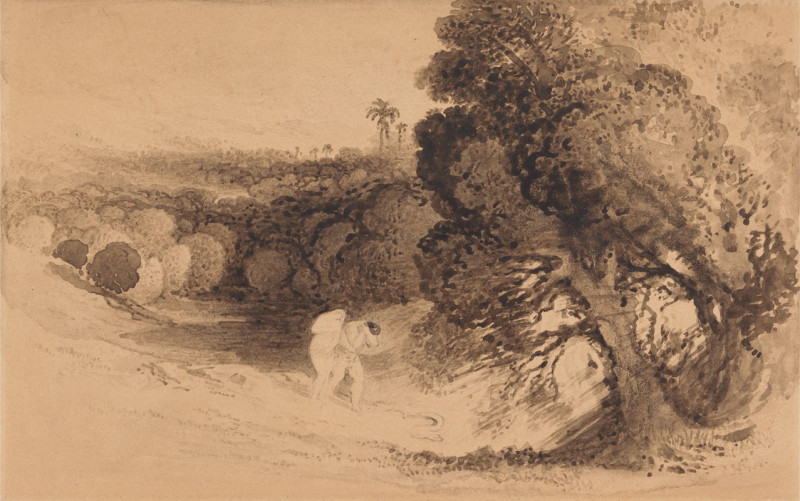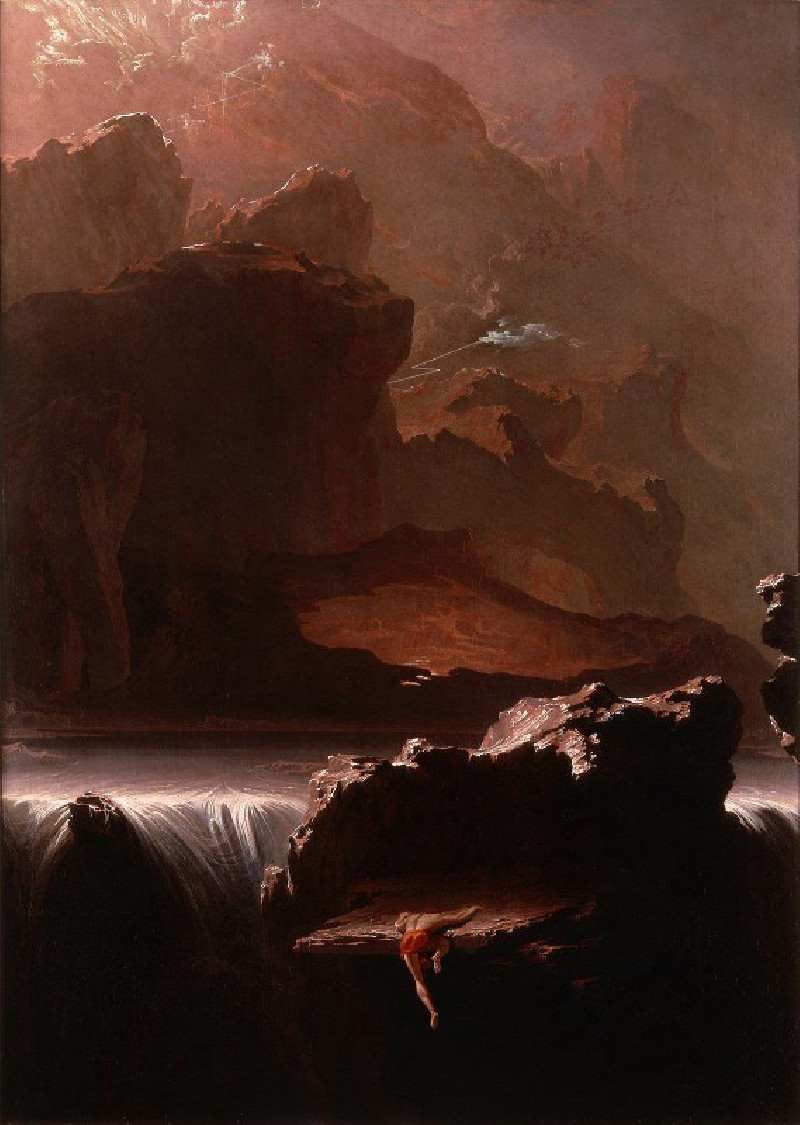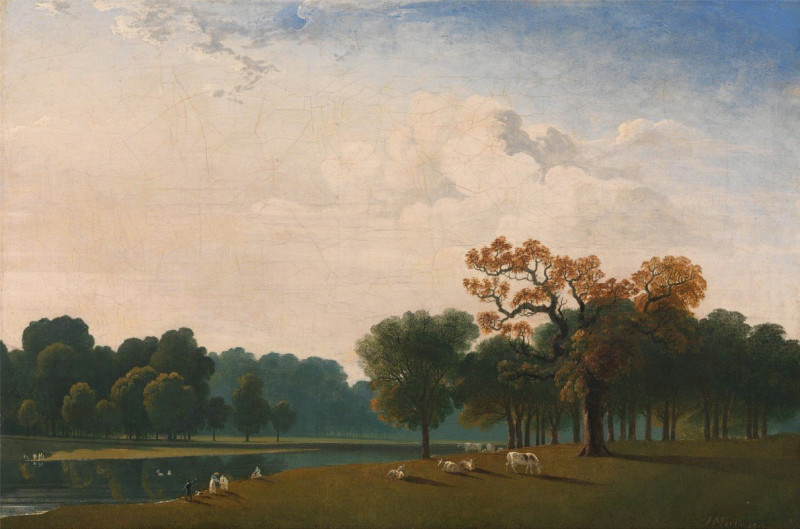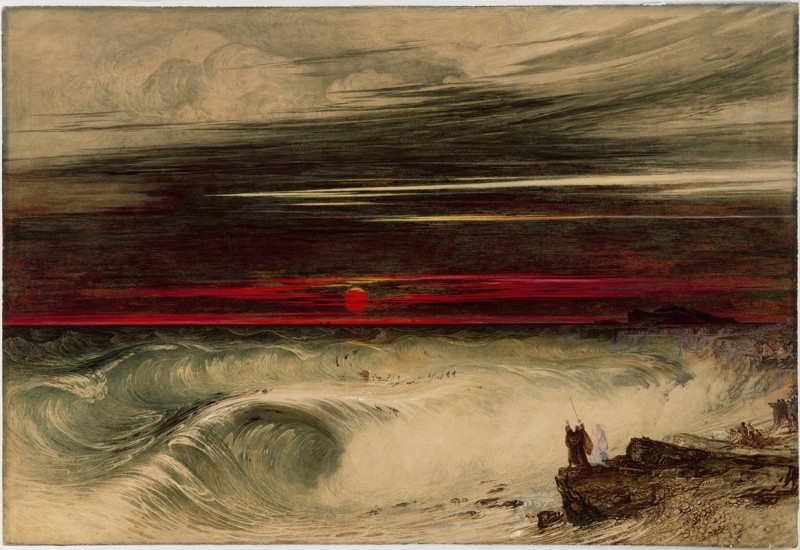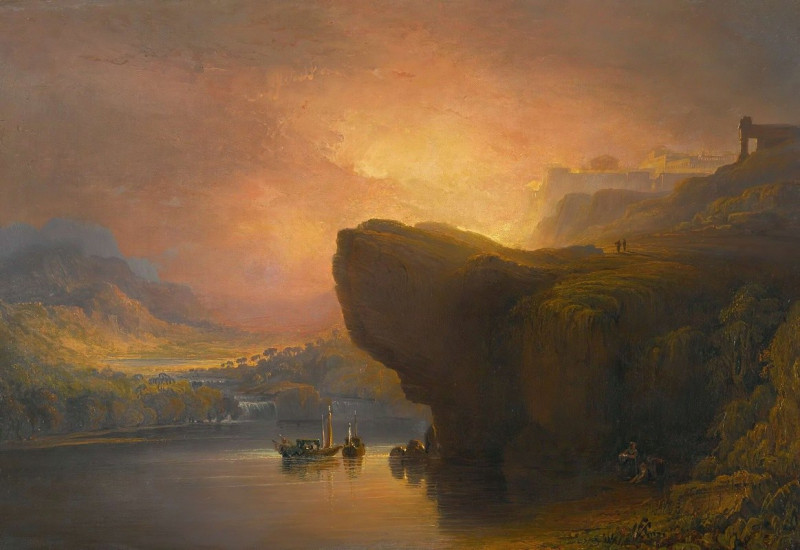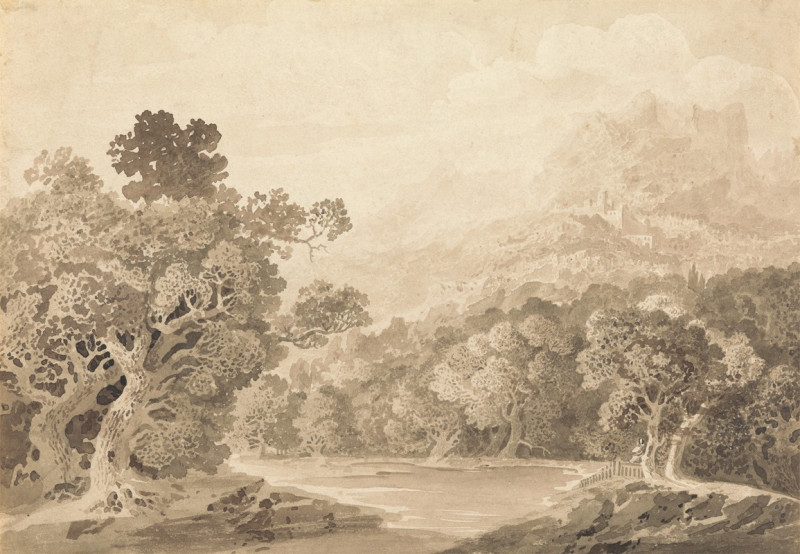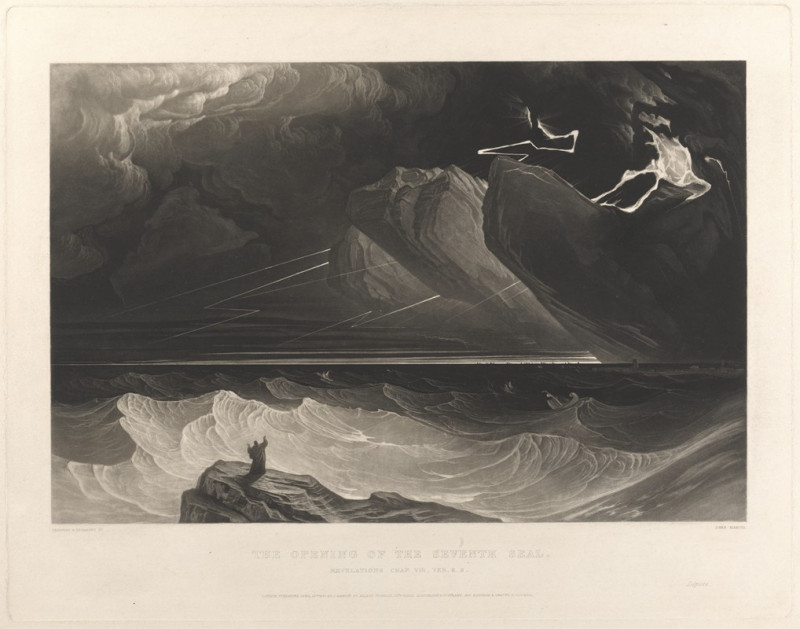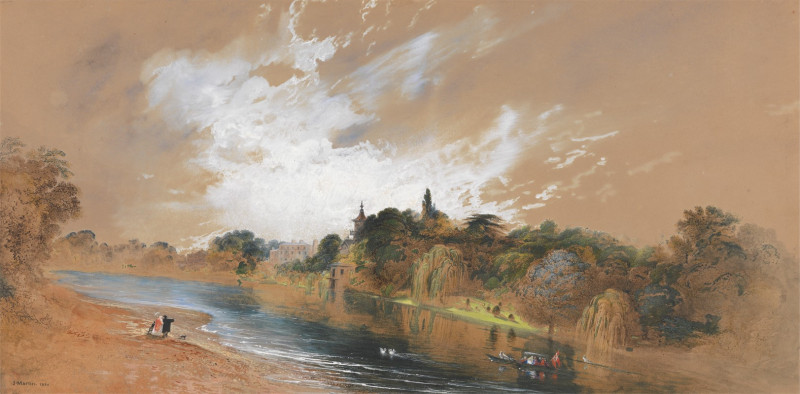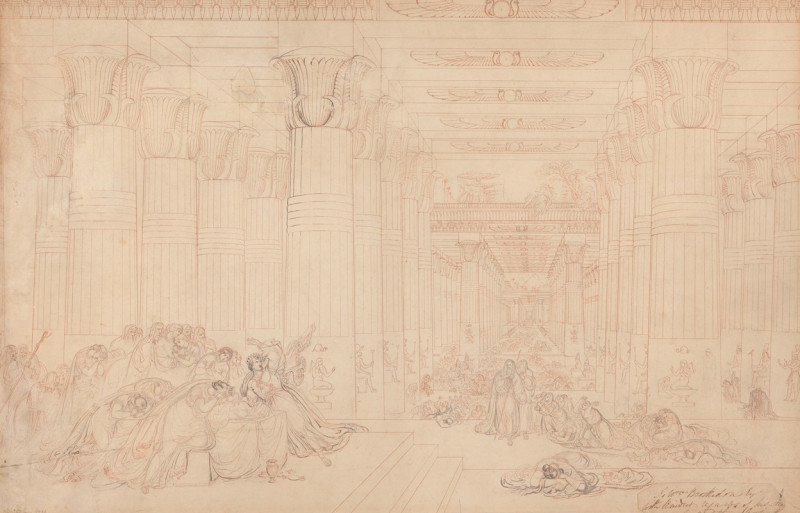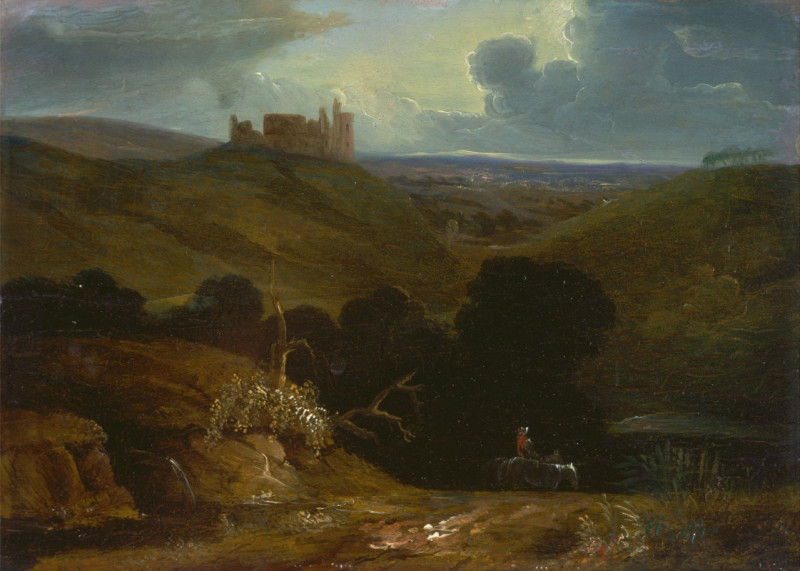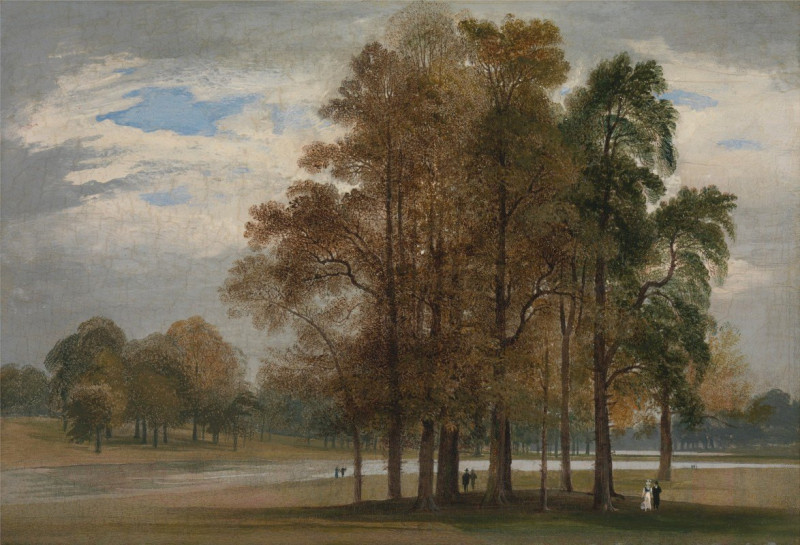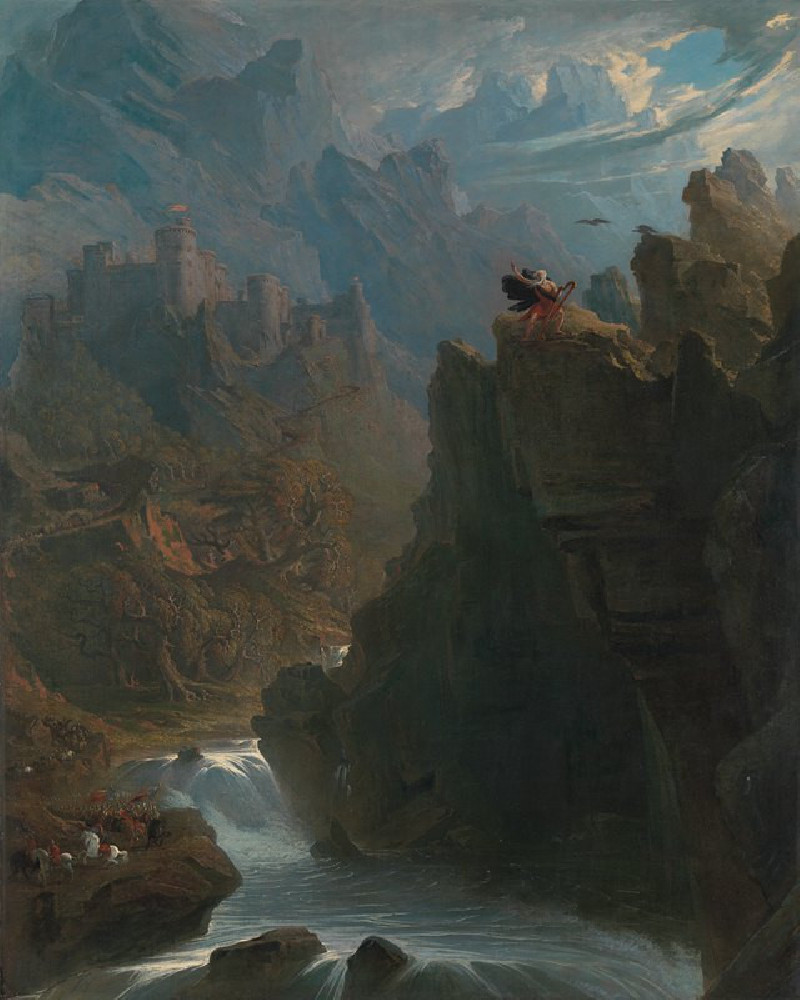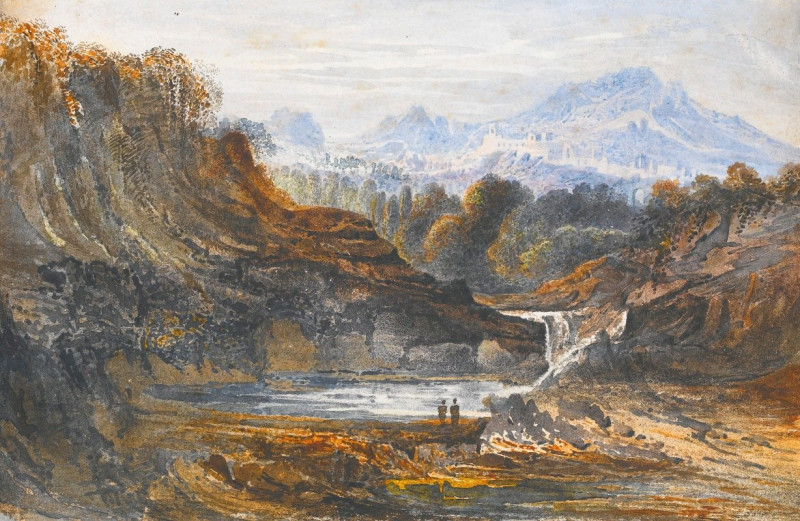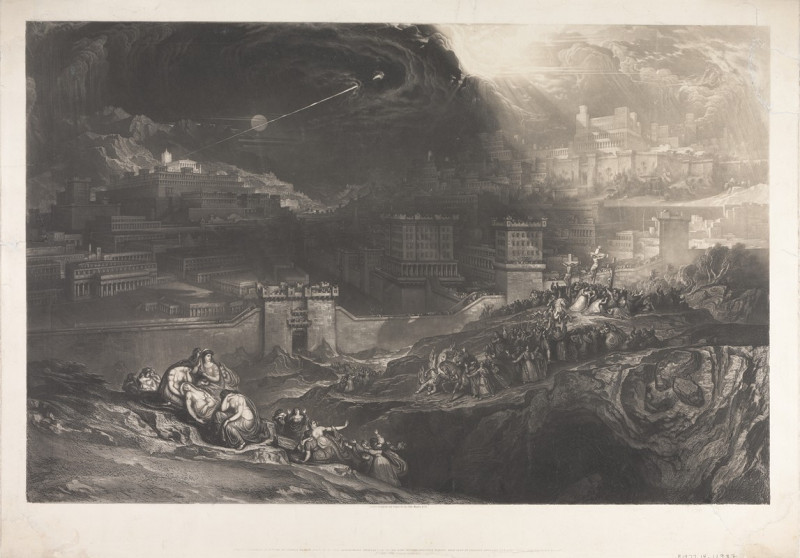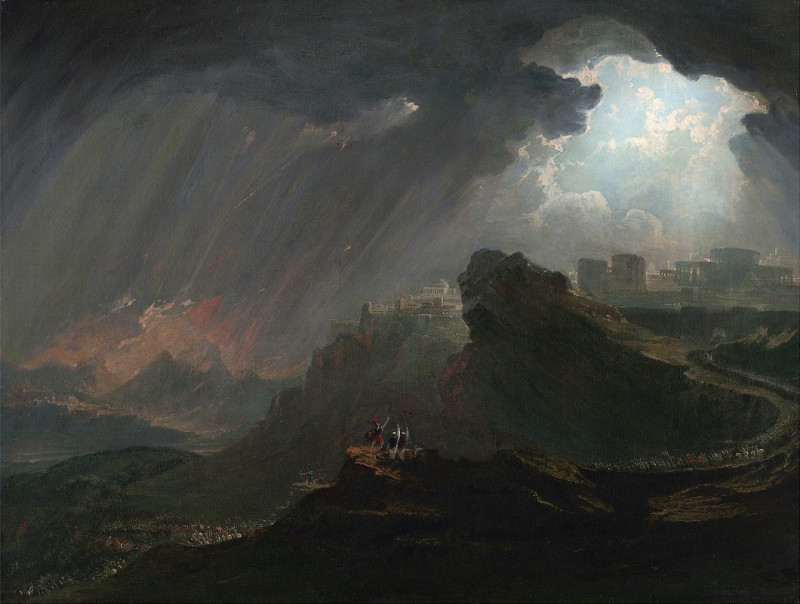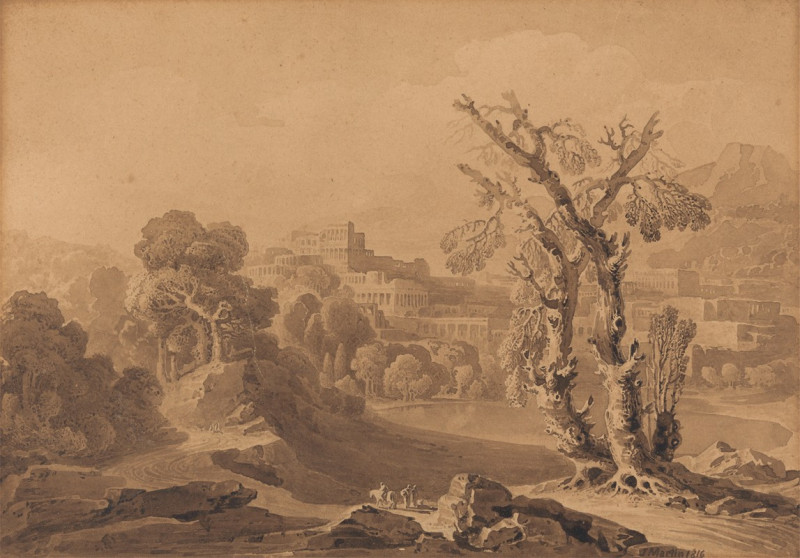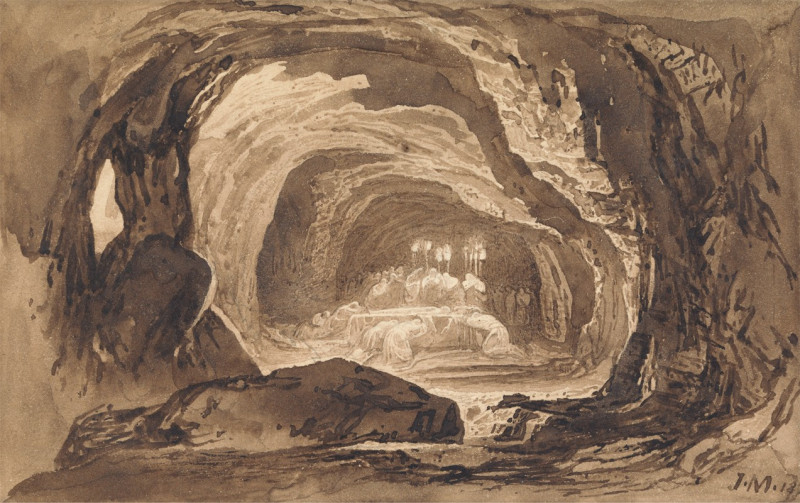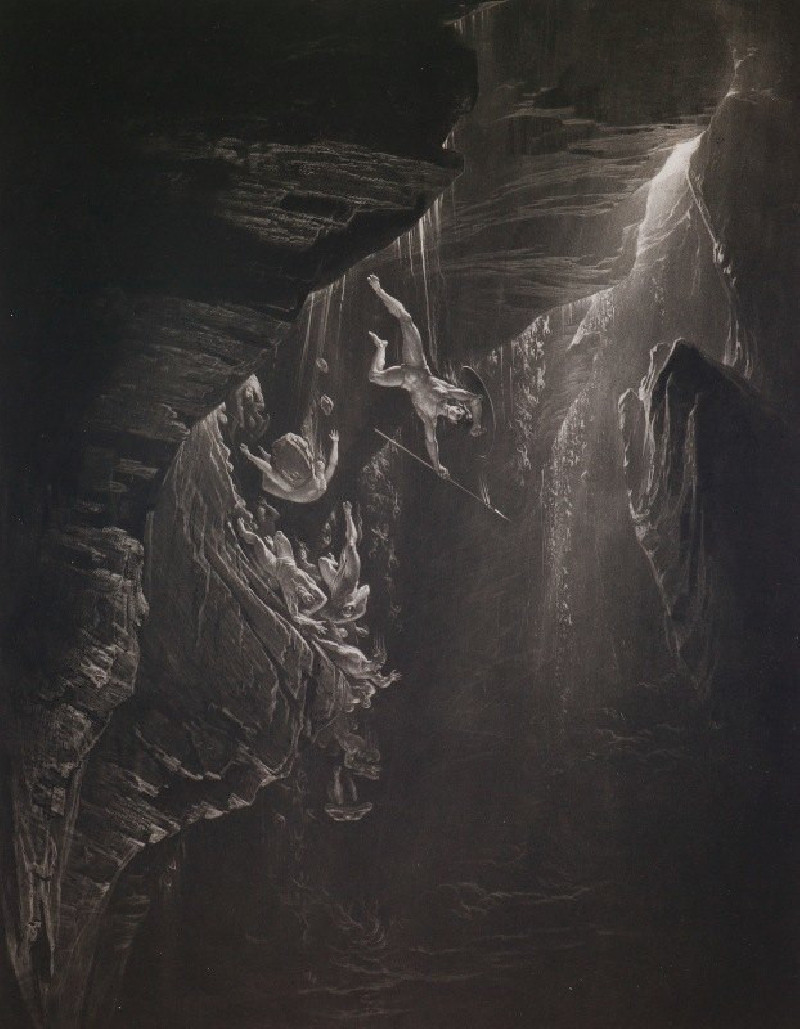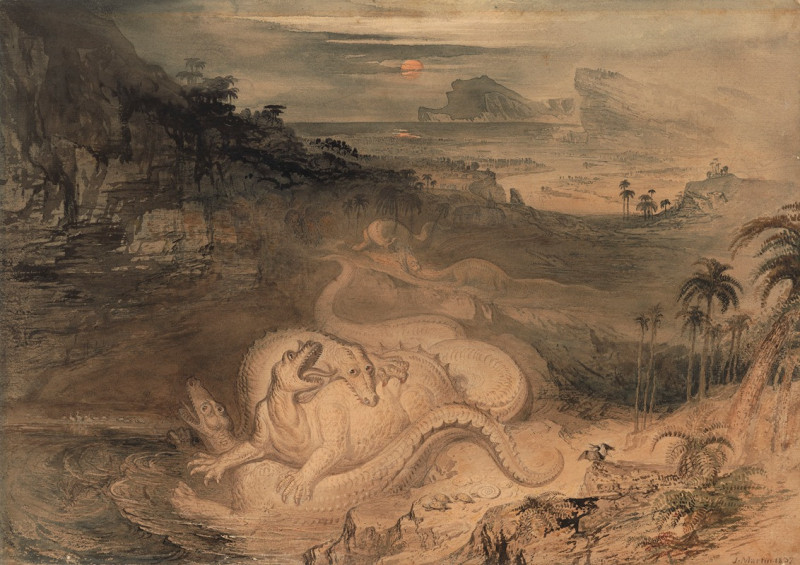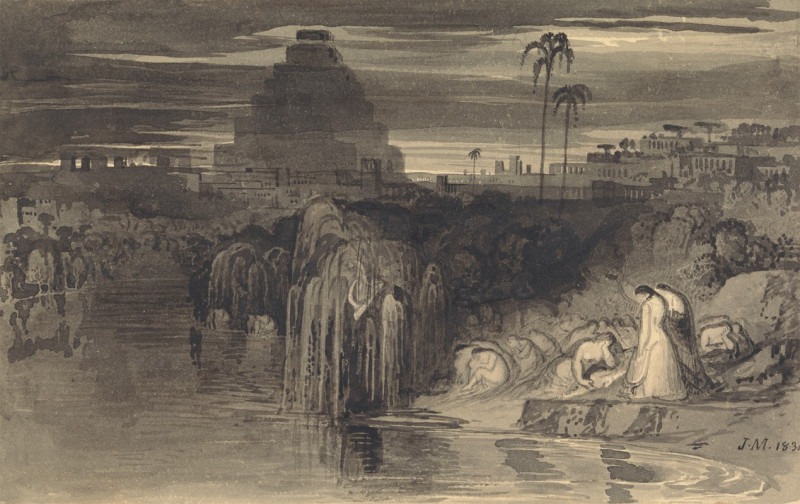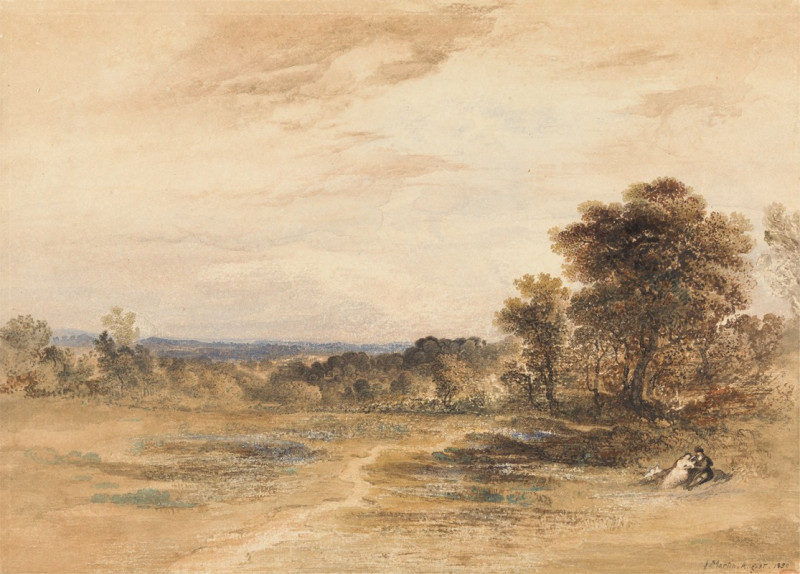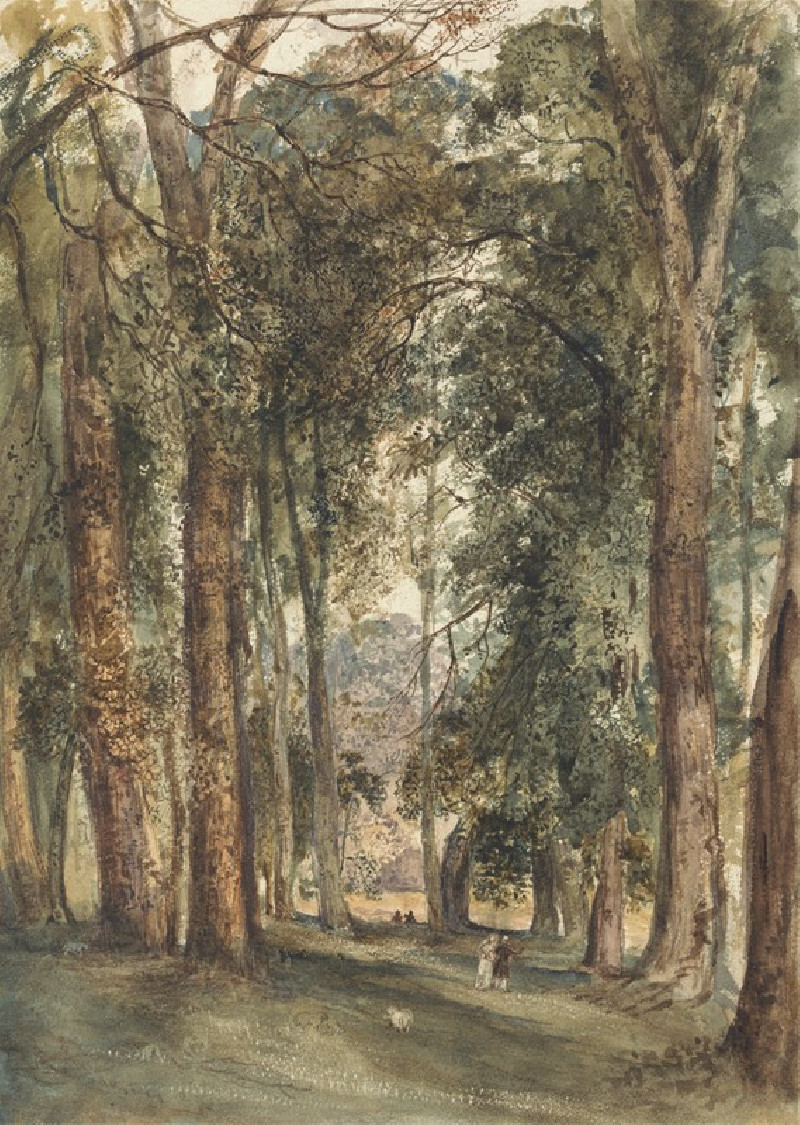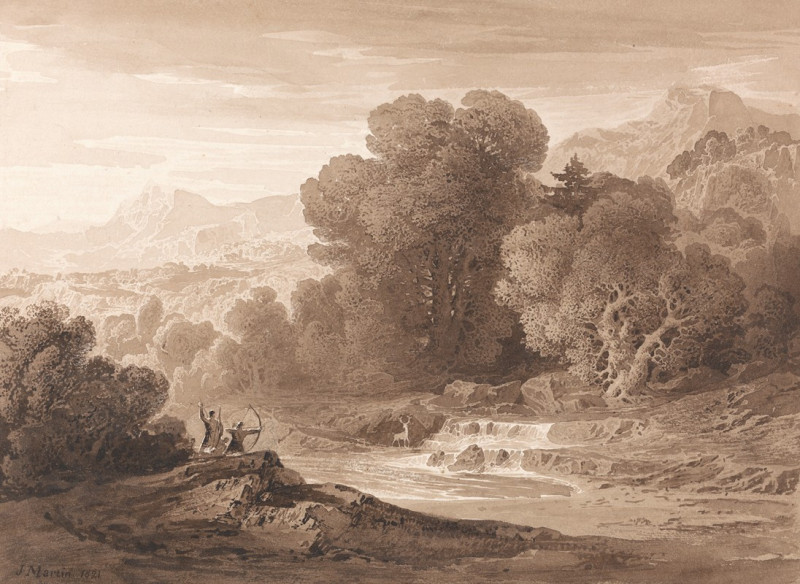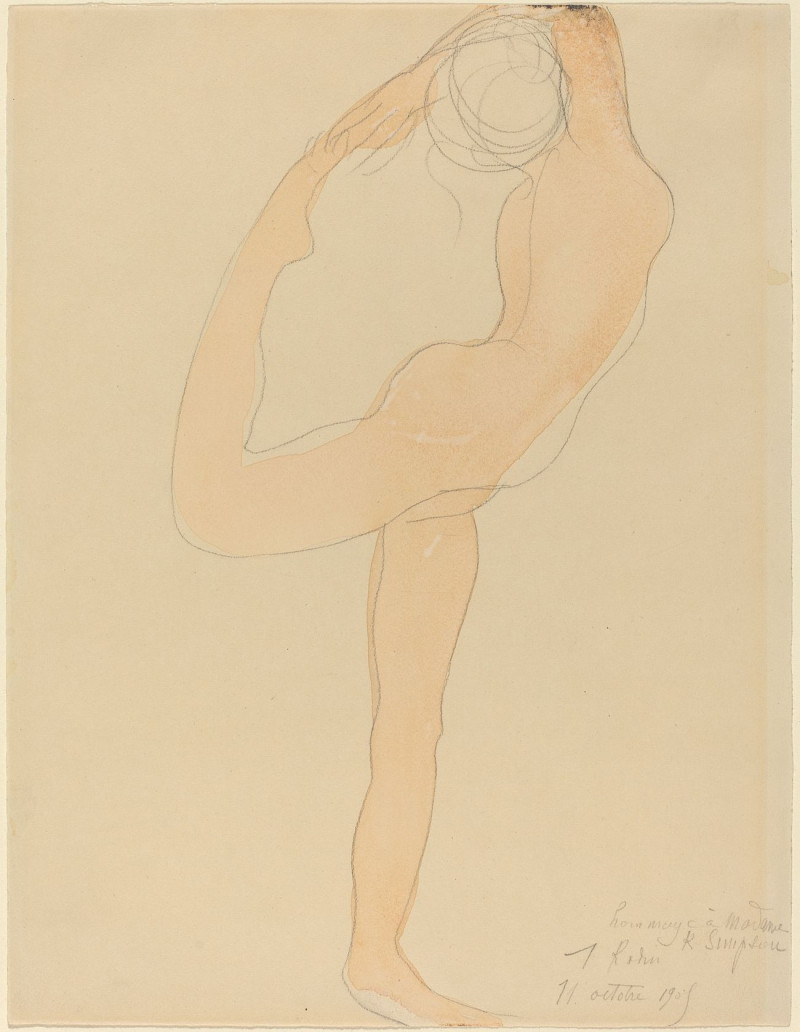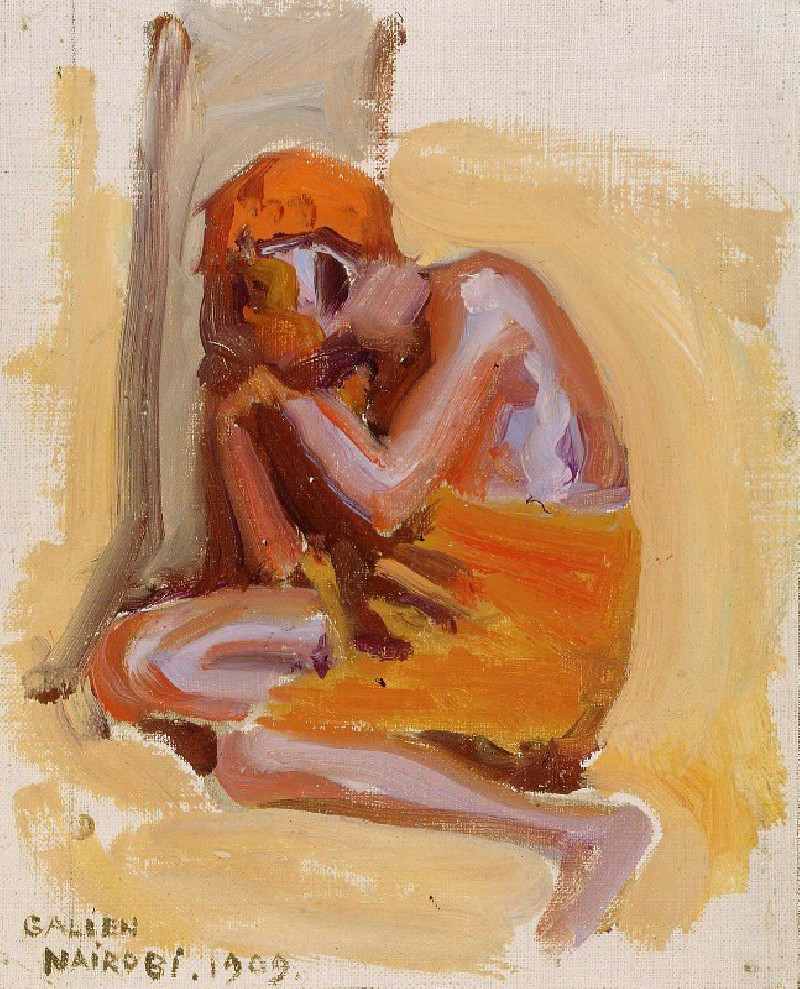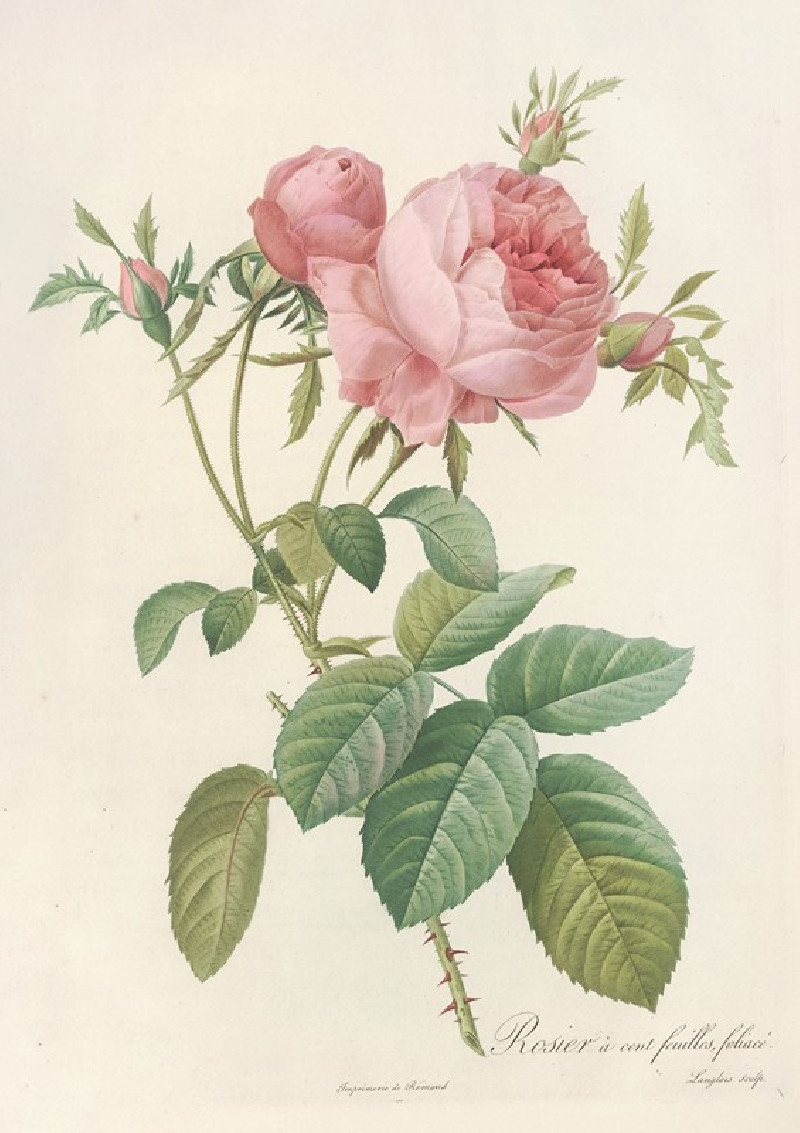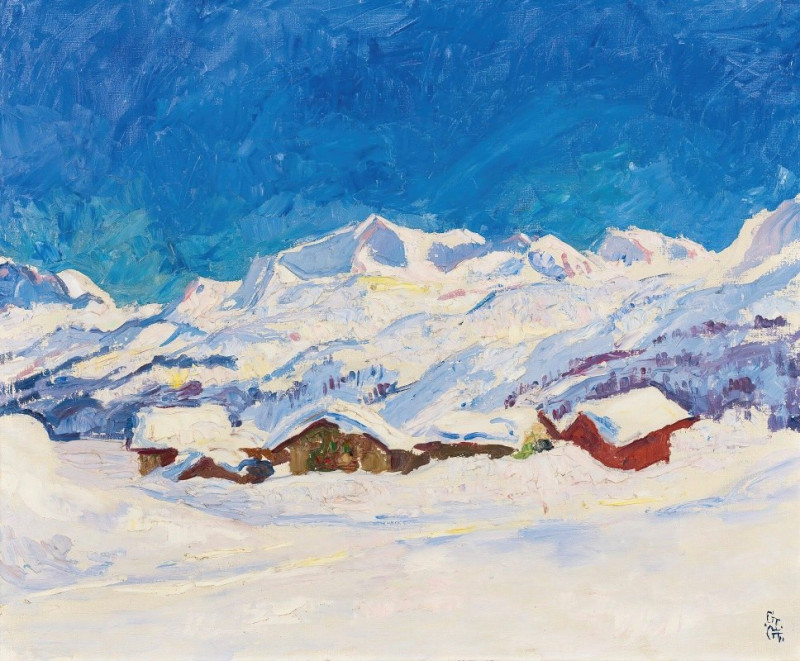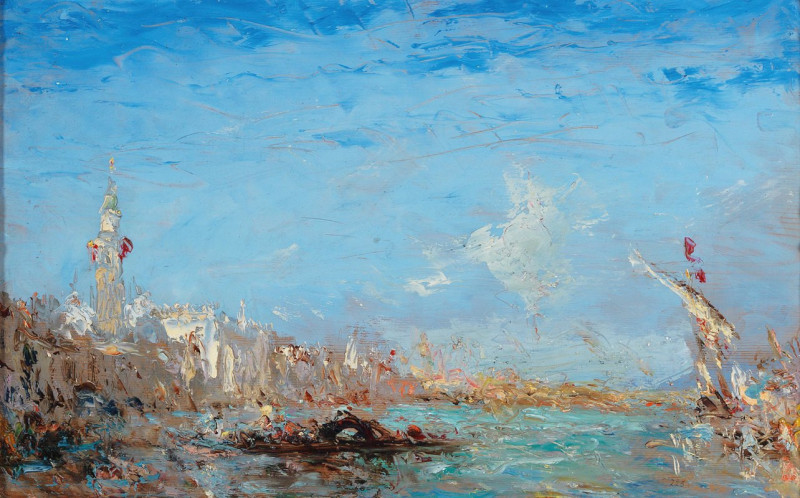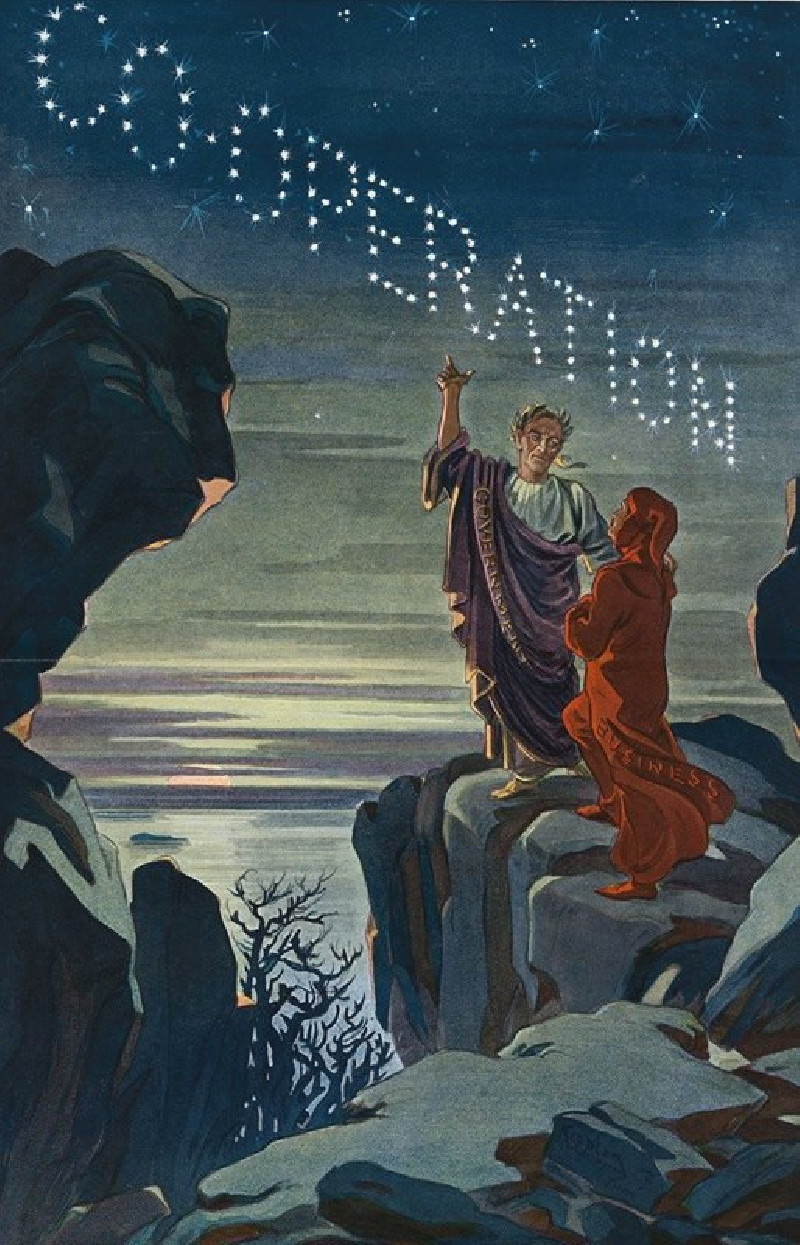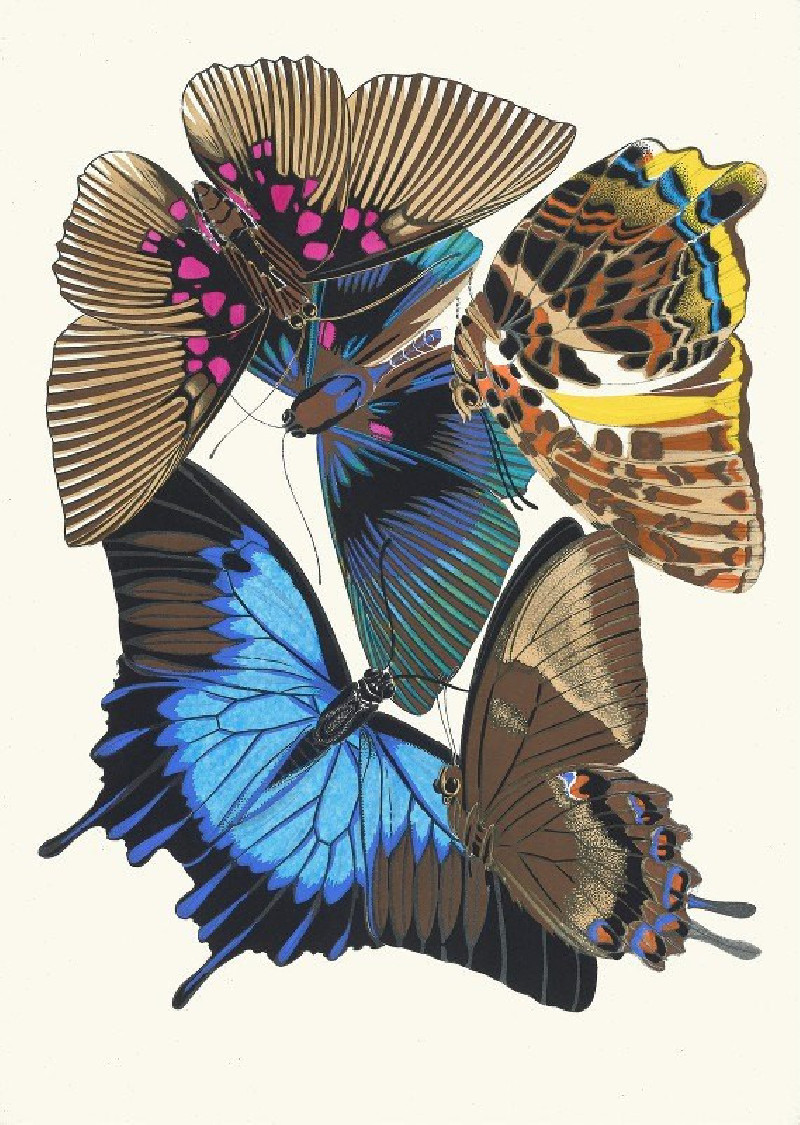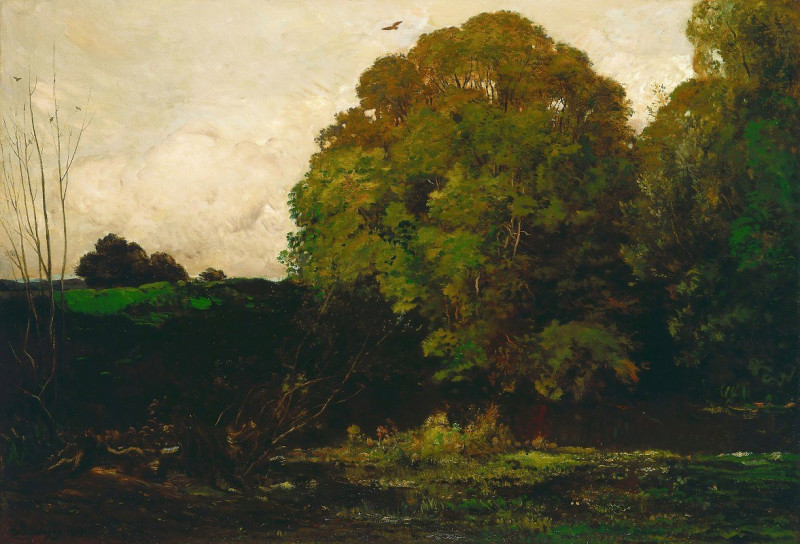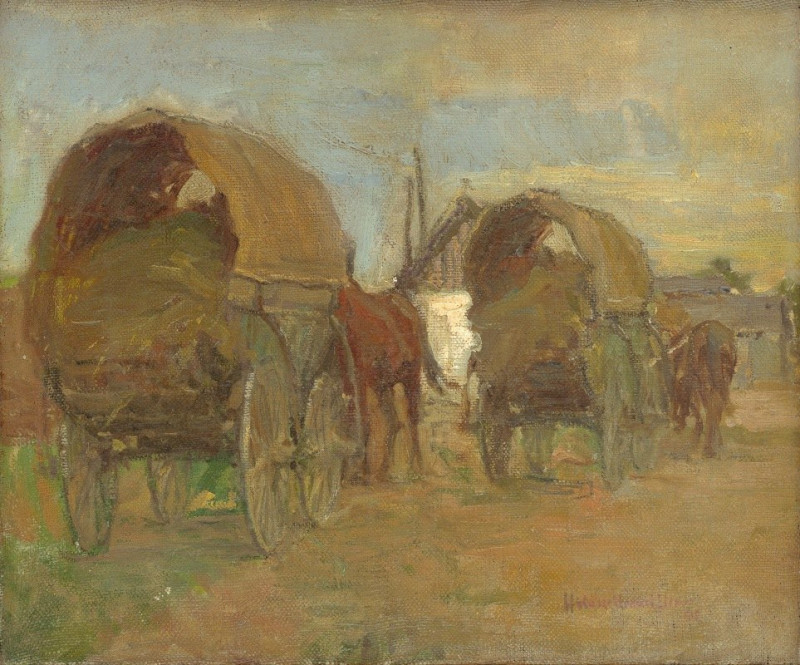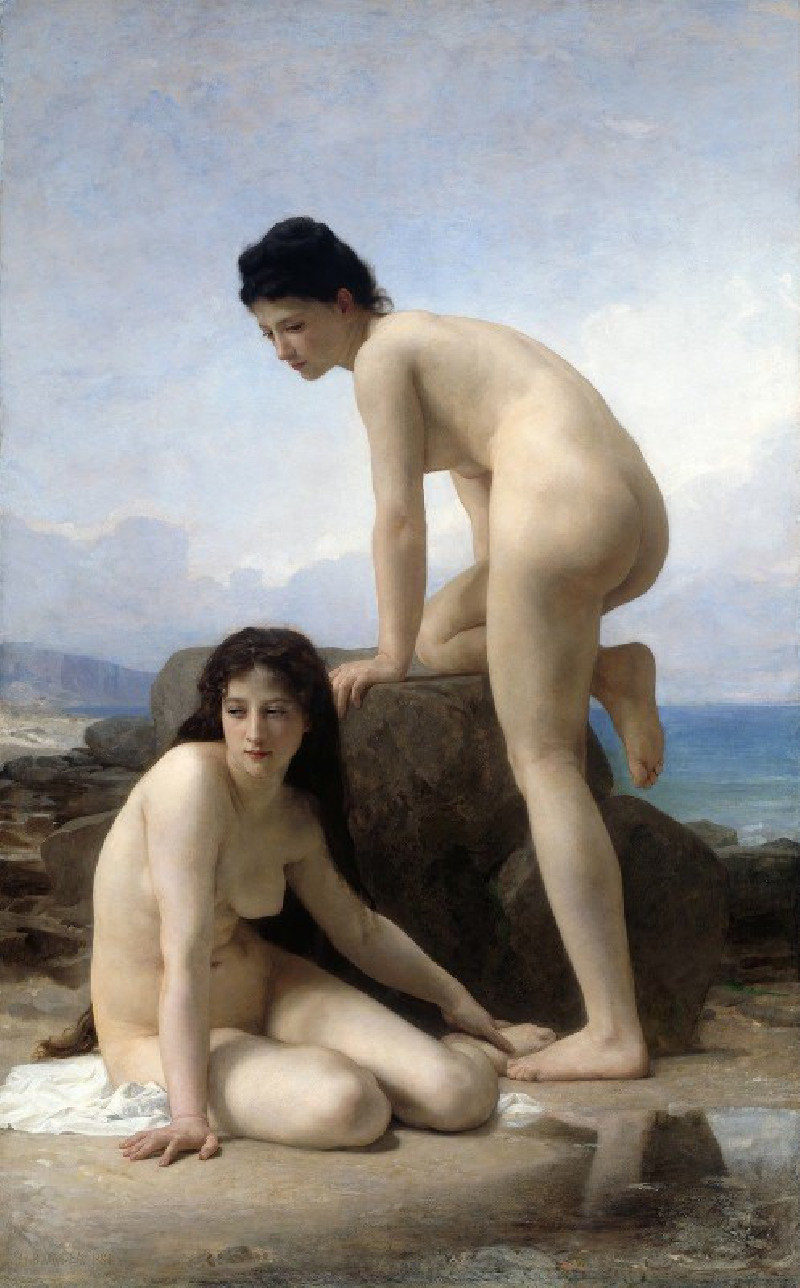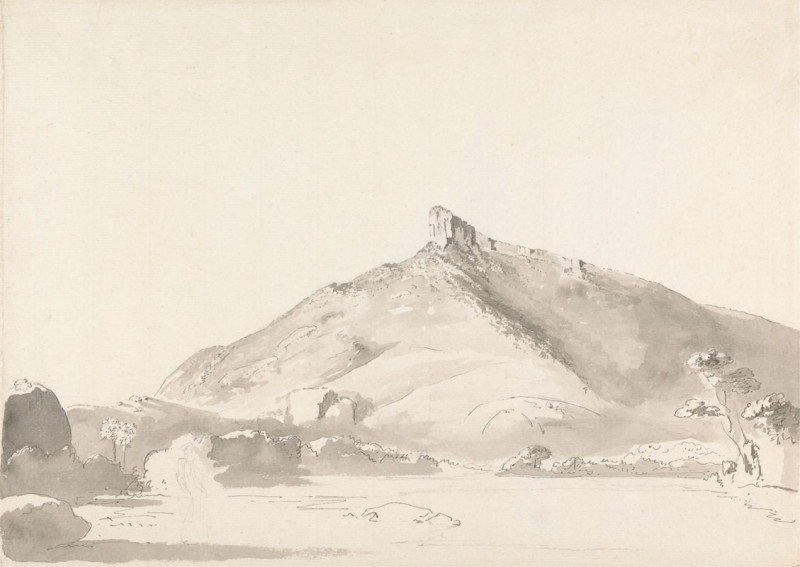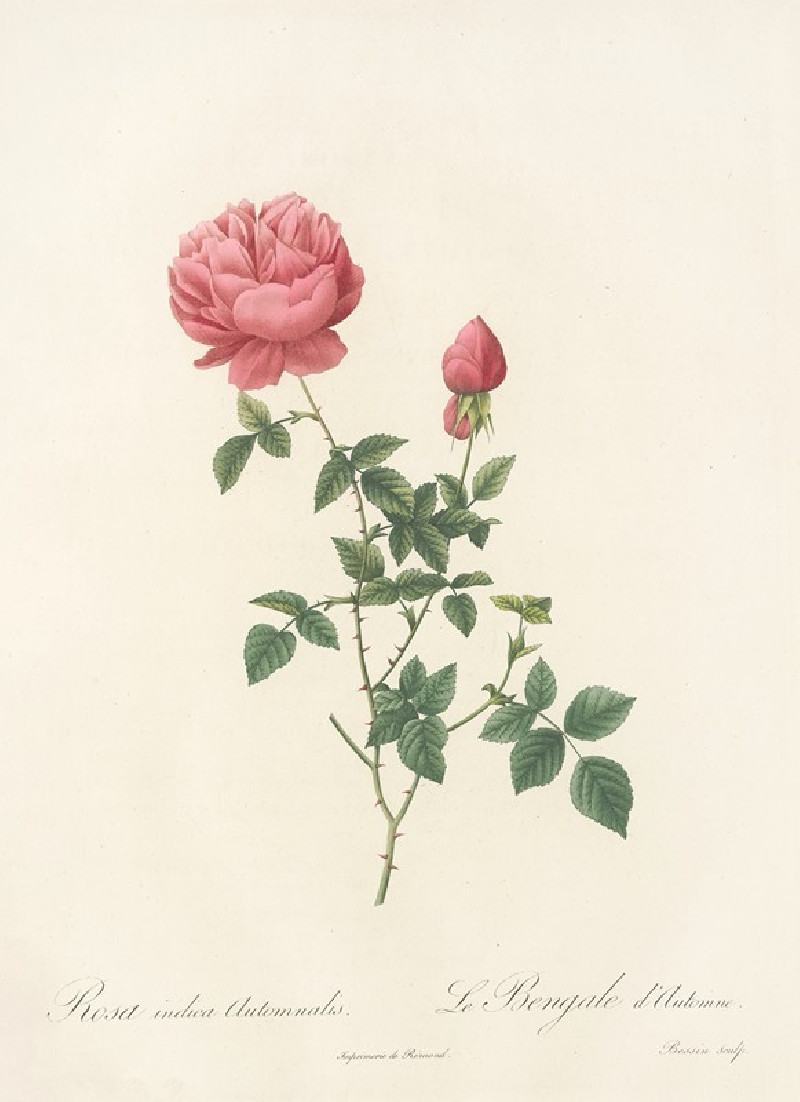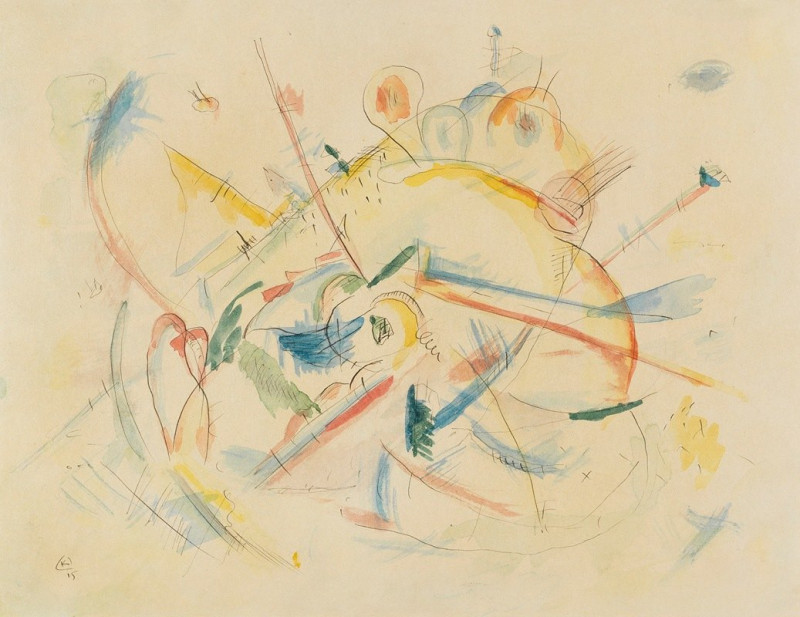Dover (1833)
Technique: Giclée quality print
Recommended by our customers
More about this artwork
John Martin’s enchanting 1833 watercolor titled "Dover" captures a serene yet profound panoramic view of the historic town and its famed white cliffs. The painting mesmerizes viewers with its delicate handling of light and shadow, portraying the tranquil sea, majestic cliffs, and the distant Dover Castle bathed in ethereal morning mist.Set amidst this dreamy landscape are tiny figures near the foreground, hinting at human presence without disrupting the overwhelming sense of peaceful solitude. The intricate details of the ships in the harbor and the subtle depiction of the town evoke a sense of day-to-day life continuing amidst the timeless beauty of nature.This artwork is a testament to Martin’s skill in creating atmospheric perspectives and his ability to invoke deep emotional responses. The use of soft blues and whites enhances the serene yet mysterious quality of the scene, inviting the viewer to a moment of quiet reflection.
Delivery
Returns
John Martin was an English Romantic painter, engraver and illustrator. He was celebrated for his typically vast and melodramatic paintings of religious subjects and fantastic compositions, populated with minute figures placed in imposing landscapes. Martin's paintings, and the prints made from them, enjoyed great success with the general public—in 1821 Thomas Lawrence referred to him as "the most popular painter of his day"—but were lambasted by John Ruskin and other critics.


